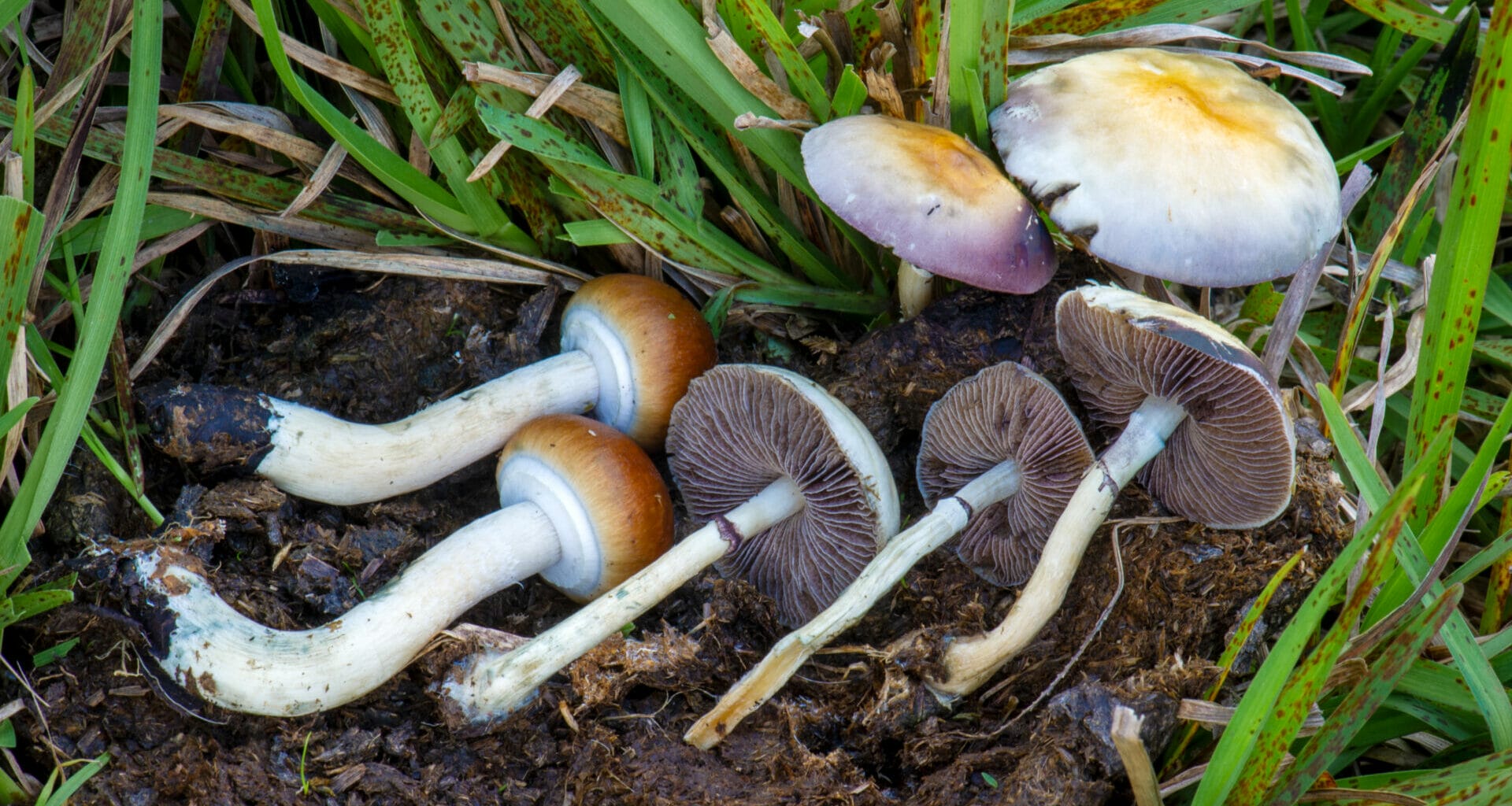Psilocybin – the active ingredient in so-called magic mushrooms – offers “a paradigm shift in mental health treatment” for traumatised veterans, according to experts.
Jo Neill, professor of psychopharmacology at the University of Manchester’s pharmacy school said the psychedelic substance could revolutionise psychiatry.
She claimed the drug had shown long-term effectiveness in treating depression, anxiety, addiction disorders, and other conditions but its outdated classification created barriers to research and clinical trials.
She said: “We have been using the same drugs since the 1950s. It is heart-breaking how little we have achieved in psychiatry.
“Psychedelics are what we should have been looking at for all this time. The shamans have known about their healing properties for such a long time.
“I met a combat veteran and their story encouraged me to give up the lab and focus on enabling research with psychedelics.”
The Ferret spoke to one veteran who had become isolated, anxious and withdrawn to the point of having suicidal thoughts, but who claimed that two courses of psilocybin changed his perception and allowed him to heal.
Professor Neill was aware of his case. She added: “This adds to growing clinical evidence that psychedelics offer a long-lasting side-effect free medication.
“They are not addictive and can in fact be used in the treatment of addiction disorders – a trial with LSD had a 40 percent success rate in treating alcoholics.
“Our laws make it very difficult to research psychedelics and that really must be changed.
We know this medicine is safe and it works.”
Psilocybin seems to reset the brain and increase neuroplasticity – the brain’s ability to rewire itself and form new connections.
Psilocybin is safe when delivered alongside psychotherapy, does not cause long-term dependence, and patients who require a sustained course of treatment do not develop tolerance, according to research.
Work by the University of Manchester revealed that current drug laws in the UK present a significant barrier to research.
Psilocybin is still categorised as a Schedule 1 drug alongside substances such as crack cocaine and heroin.
Scientists working with Schedule 1 drugs reported that obtaining the required Home Office licenses was costly and time-consuming, often resulting in delays to research.
It can take up to four months to simply arrange a compliance visit while some research groups have reported waiting for upwards of 12 months for an inspection to receive a licence.
Rescheduling would bring the UK in line with other nations such as Australia which earlier this year allowed psilocybin and MDMA to be prescribed for treatment-resistance mental illnesses, experts claim.
But some researchers have warned of the need to proceed with caution given the potential for financial conflicts of interests, while others have claimed more data is needed.
In some Canadian states a range of mechanisms exist to provide access to psychedelic medicines.
In the United States, possession of psychedelic substances has been decriminalised in several states including Colorado, Oregon and California with others in the process of passing legislation.
The United States Food and Drug Administration has fast tracked psychedelic medicines for treatment.
Photo credit: Alan Rockefeller, CC BY-SA 4.0.















Safety note: the image is not of magic mushrooms – don’t eat ones like that!